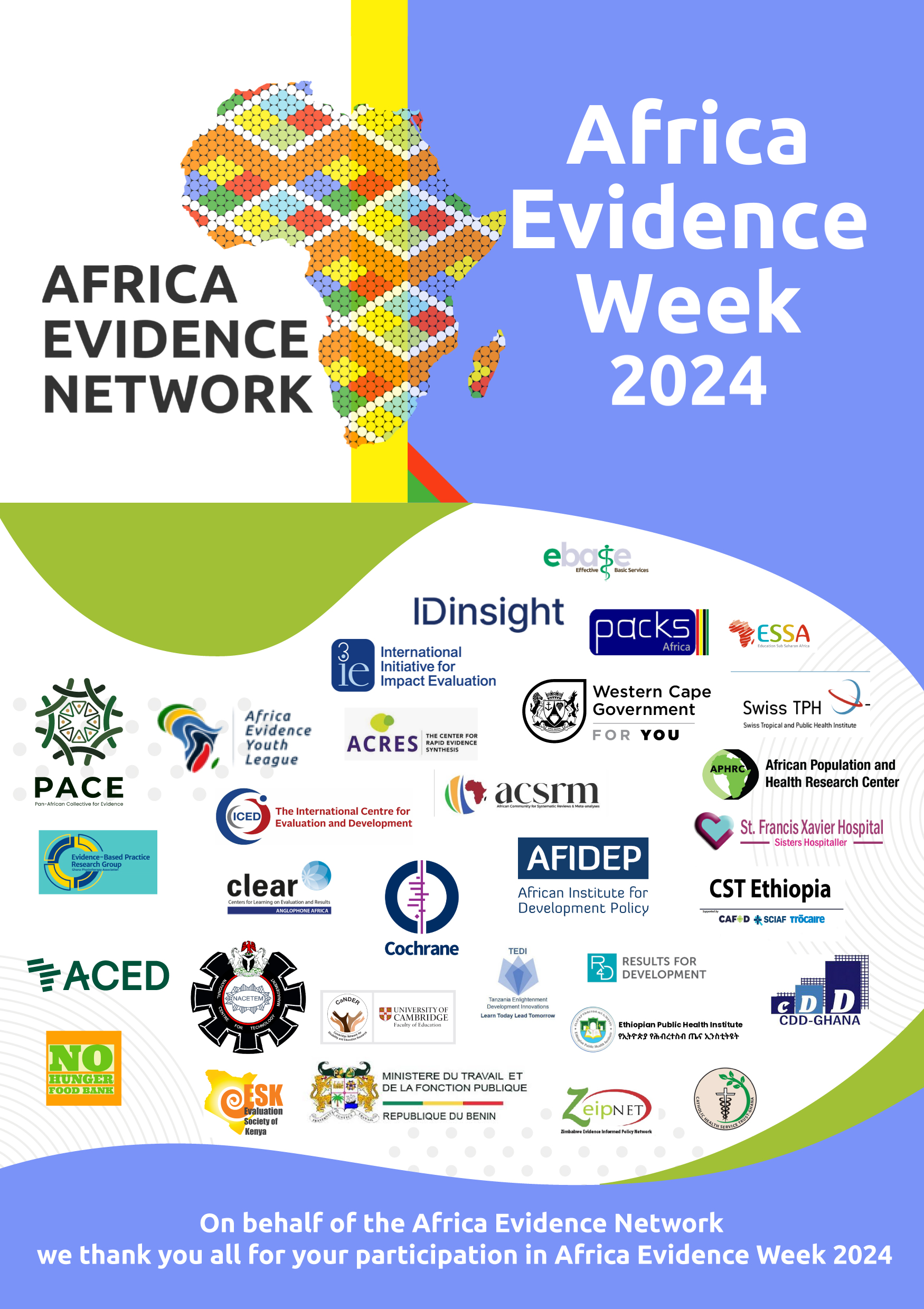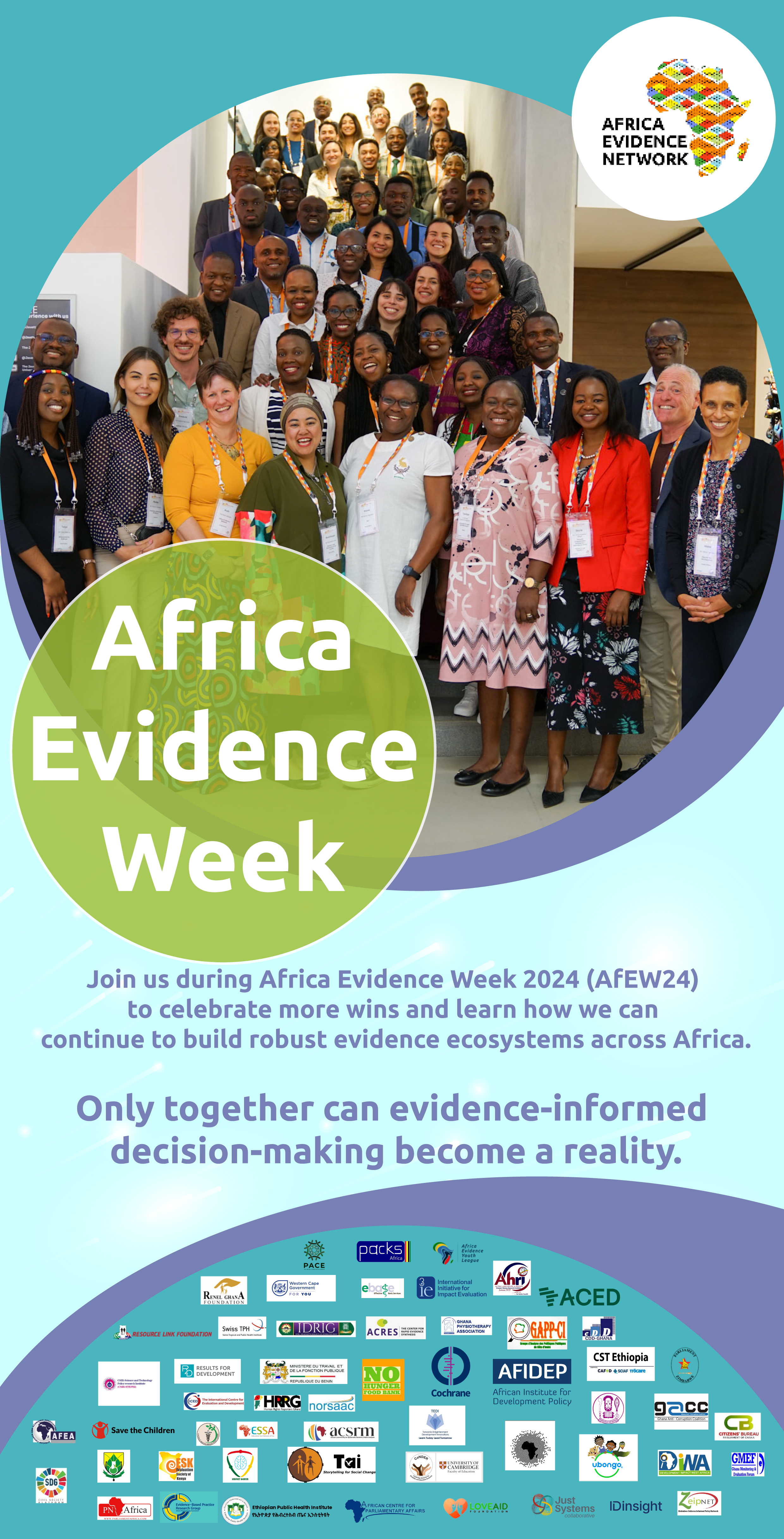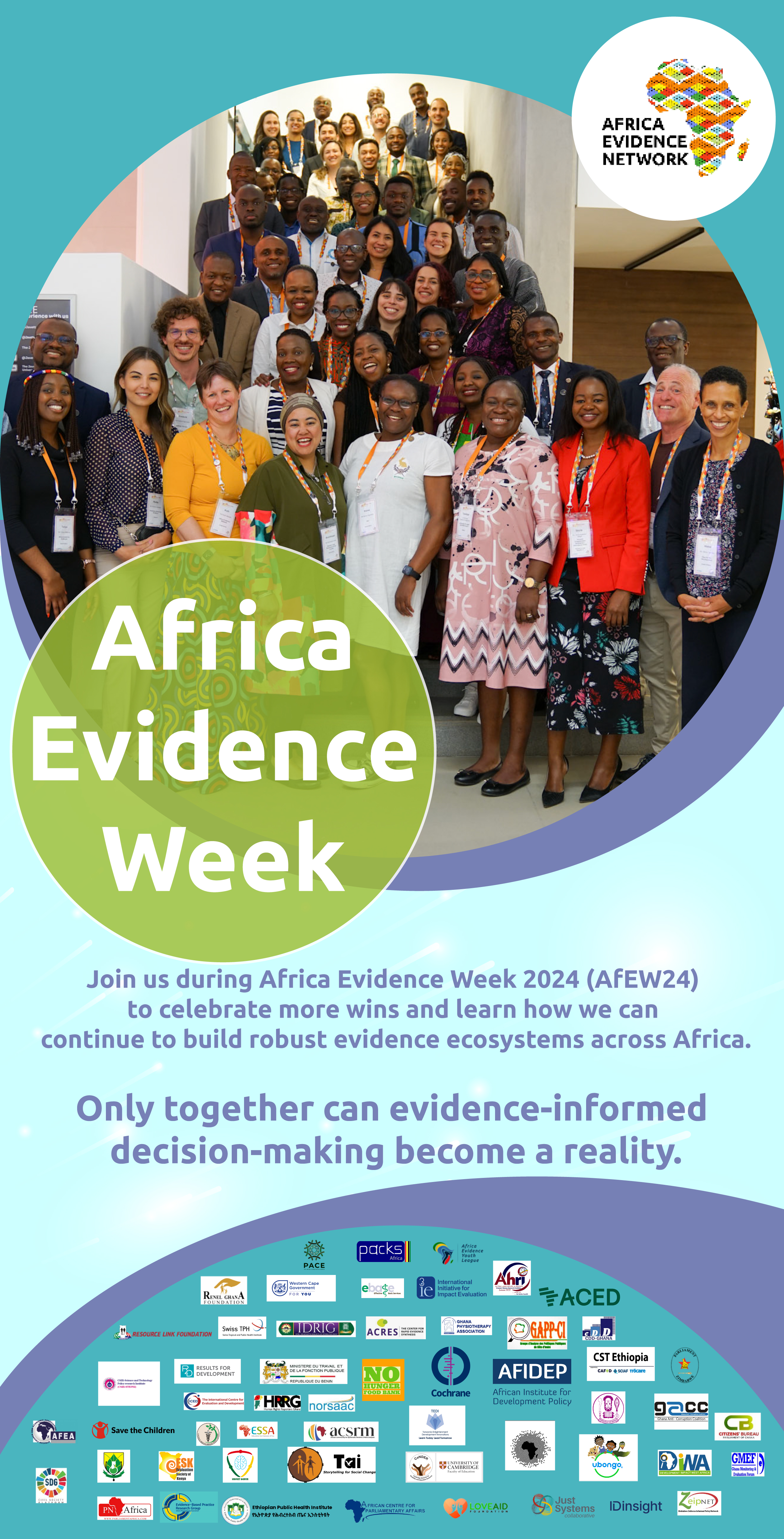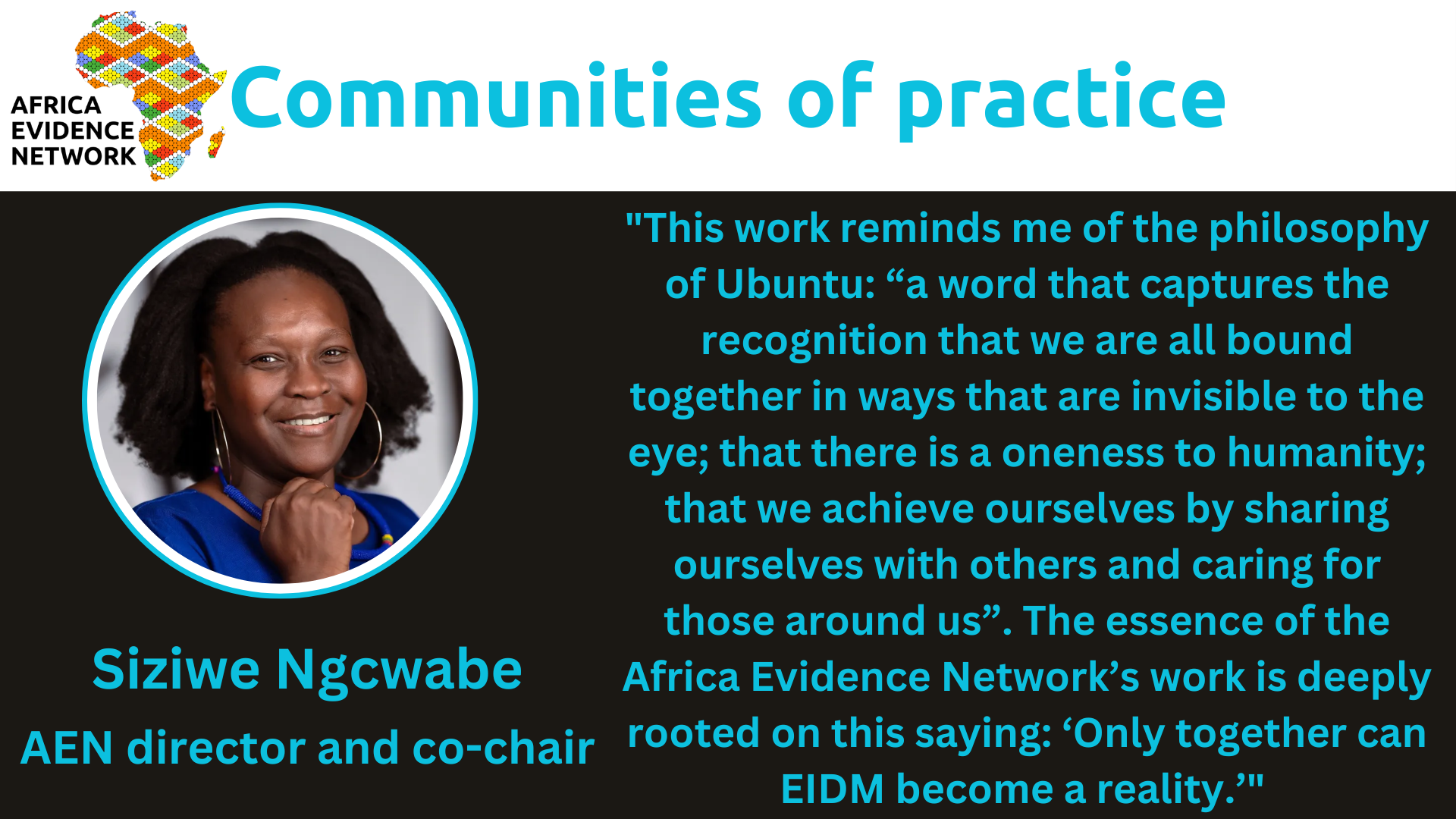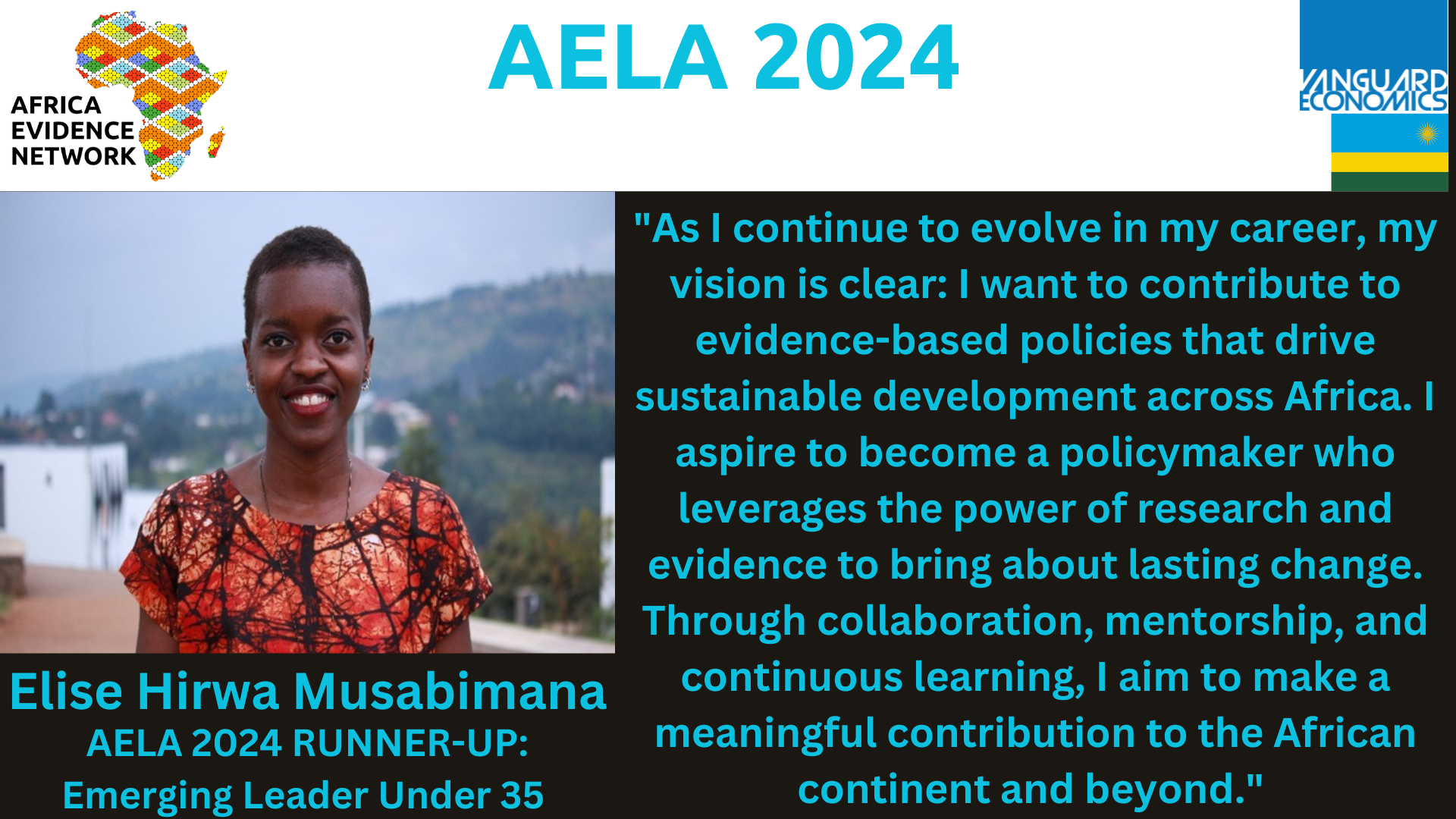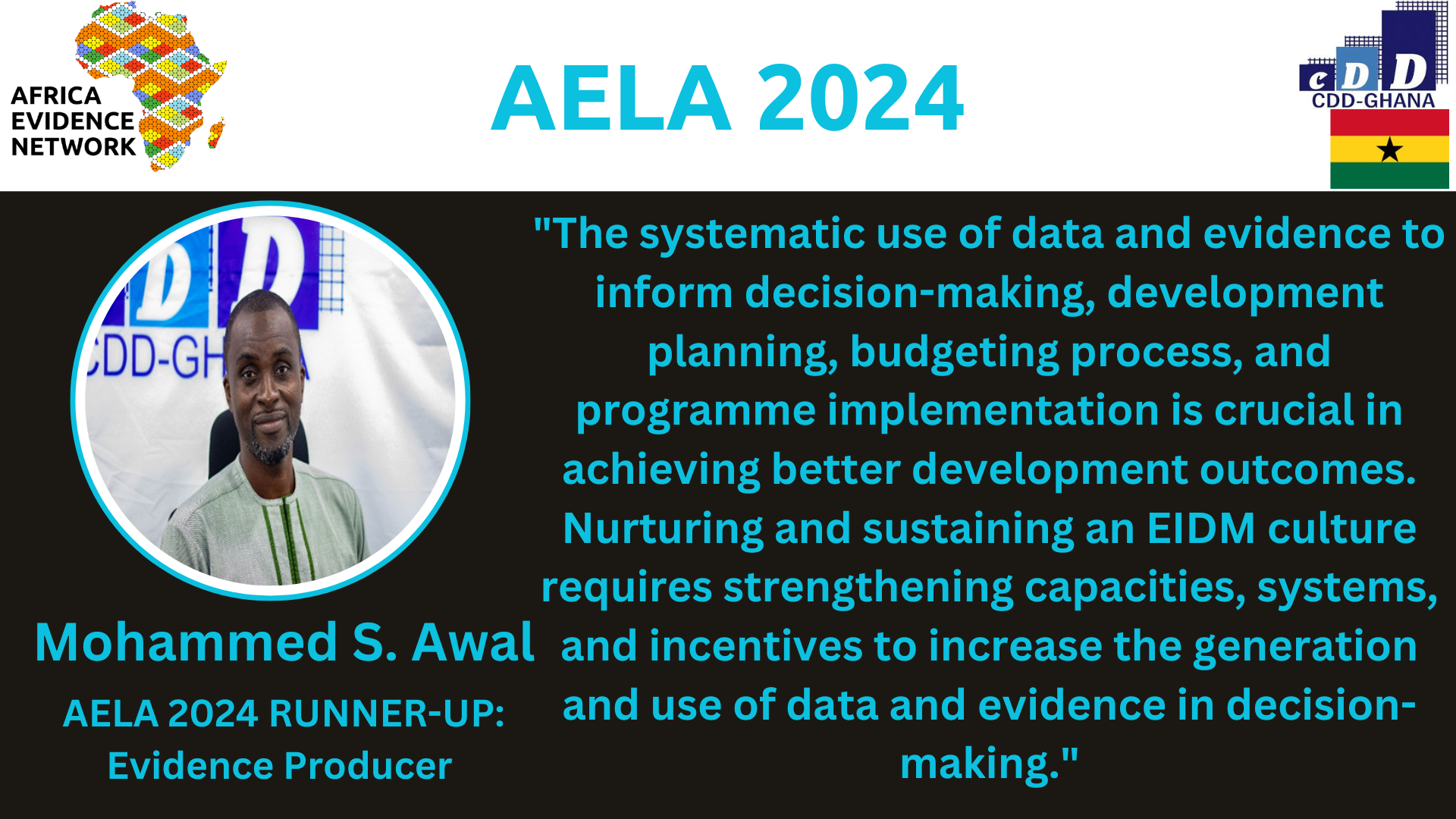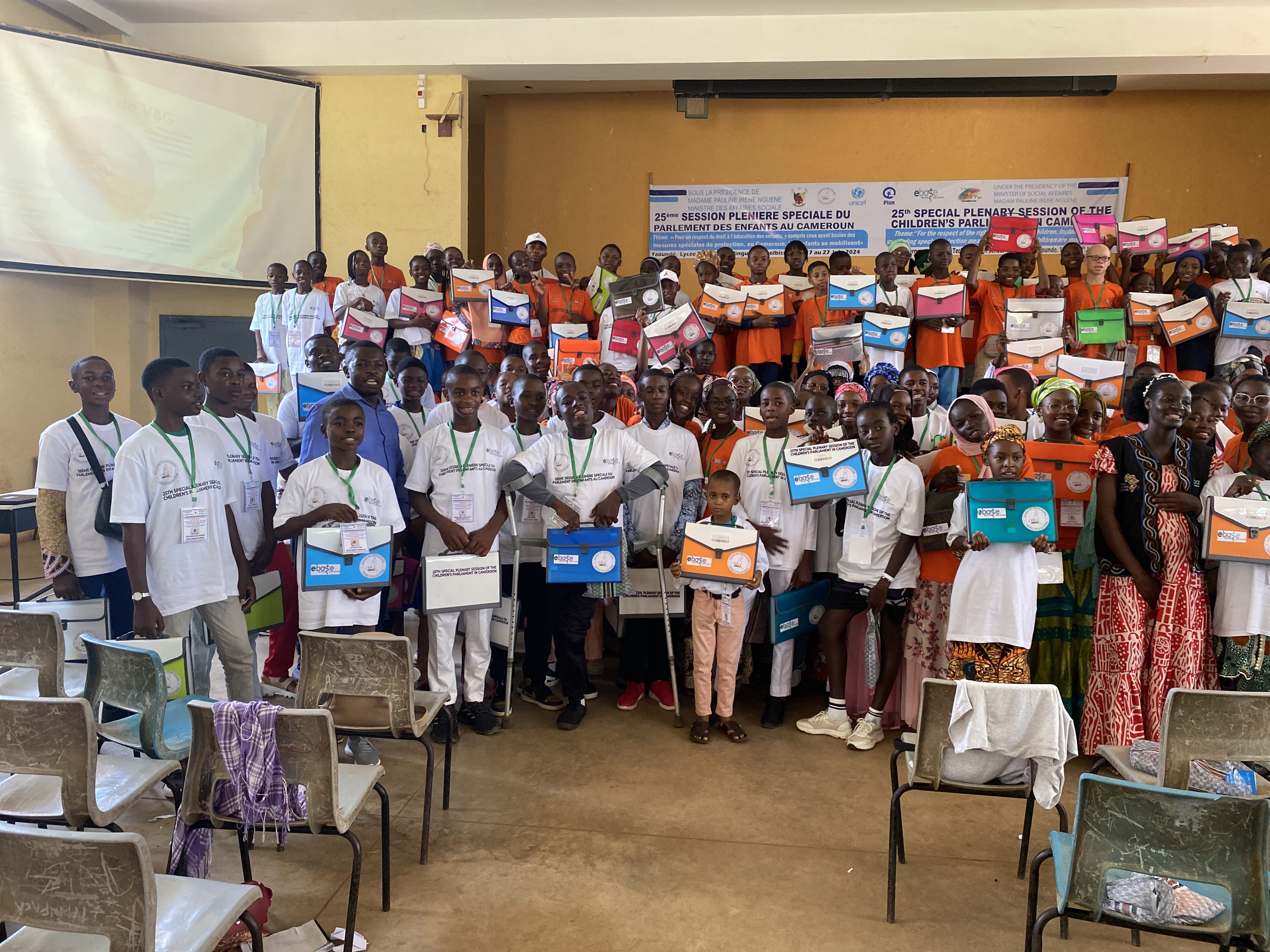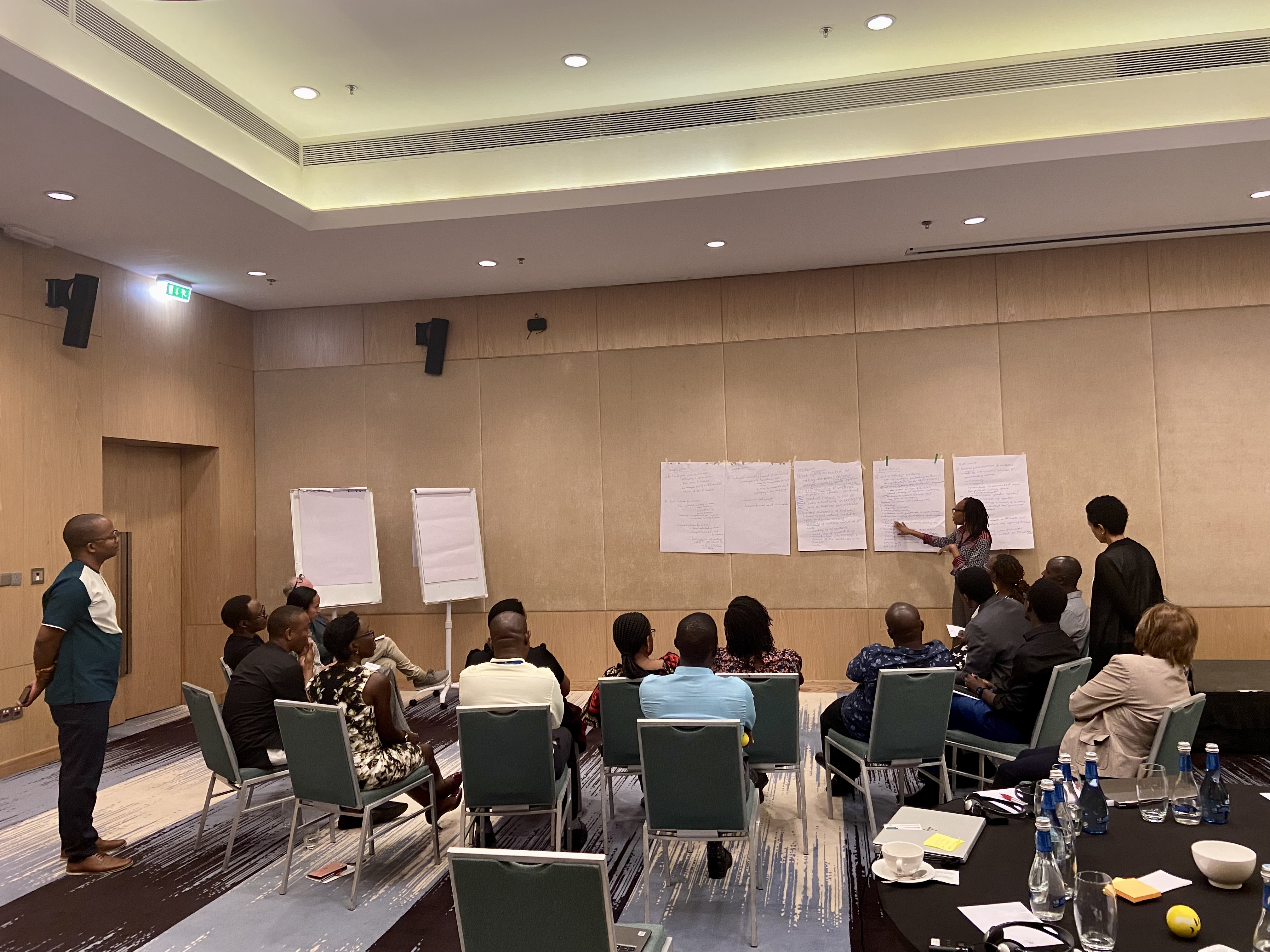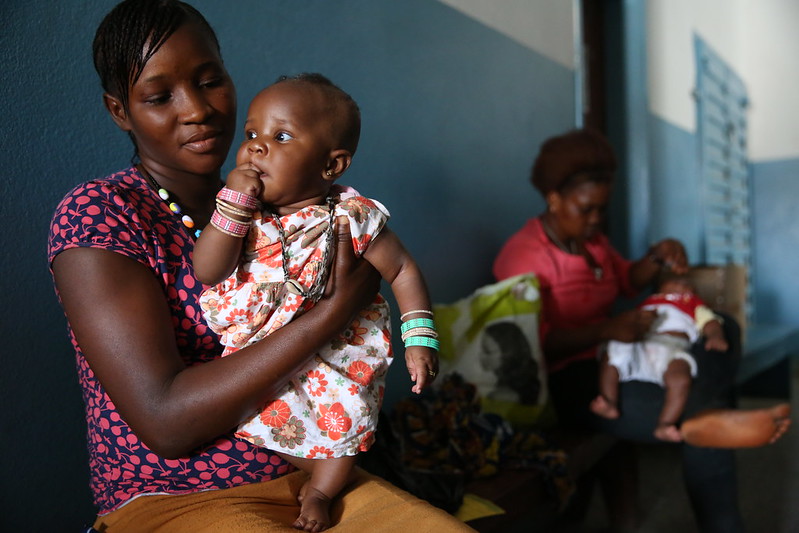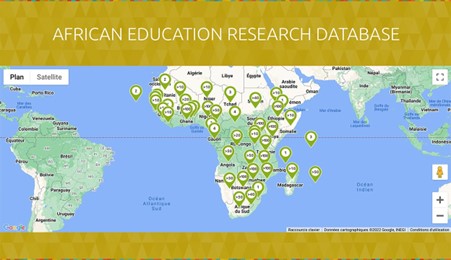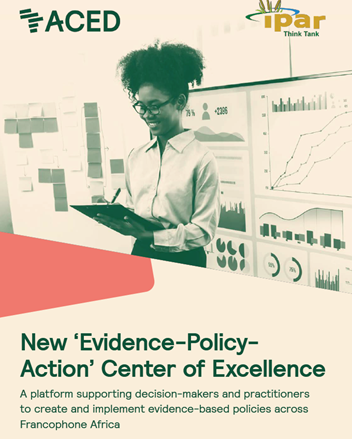
Women and youth: essential pillars of African food systems
In Africa, women and youth are essential players in Food Security and Nutrition (FSN), contributing to the availability, access, and utilization of food. Yet, they often face marginalization due to several obstacles.
The African Center for Equitable Development (ACED) is intensifying its efforts to integrate gender and youth data into FSN interventions in West Africa. This strategic initiative is part of its mission to promote equitable and sustainable development in the region, recognizing the crucial importance of an inclusive approach to address the complex food challenges the region faces.
In-depth analyses conducted by ACED have highlighted the fundamental role that women and youth play in African food systems. These groups are often at the heart of food production, processing, and distribution, contributing significantly to the food security of their communities. However, research revealed persistent challenges related to their systemic marginalization.
Women, for example, represent a large share of the agricultural workforce in West Africa but face disproportionate obstacles in accessing productive resources, credit, and markets. Youth, on the other hand, constitute a major demographic force with considerable innovation potential but are often excluded from decision-making processes and face a lack of opportunities in the agricultural sector.
The integration of gender and youth data in agricultural programs is therefore an essential lever to optimize the effectiveness and inclusiveness of FSN interventions in Africa. This approach allows for the design of policies and programs that truly respond to the needs and realities of these crucial groups, thus maximizing their impact on overall food security.
Overcoming obstacles for better integration
Following a rapid systematic review and consultations with various stakeholders, including local organizations, gender experts, and youth leaders, three major obstacles to the effective integration of gender and youth data were identified:
-
- Lack of capacity among project implementation team: Many professionals lack specific knowledge in collecting, analyzing, and using gender- and age- disaggregated data.
- Impact of cultural, political, and religious norms: Deeply ingrained societal perceptions regarding gender roles and the place of youth in society can hinder the full participation of these groups and the recognition of their contribution.
- Lack of appropriate incentive mechanisms: There are few structures or policies that actively encourage the systematic integration of gender and youth perspectives in FSN interventions.
In response to these challenges, ACED is reviewing the existing innovative strategies from around the world that have been used to overcome these obstacles and will propose evidence-informed strategies for better gender and youth data integration in FSN interventions in Africa. These strategies aim to create an environment conducive to meaningful and sustainable integration of gender and youth data.
Use of the EIDM approach for developing a training manual on strategies for gender and youth data integration
To develop a high-quality training technical guide that encapsulates effective strategies to overcome identified barriers, ACED is employing an Evidence-Informed Decision Making approach. This methodology begins with a thorough rapid systematic review to explore in depth the various barriers that hinder the integration of gender and youth data in FSN interventions. This systematic review is enriched by a literature review of key peer- reviewed articles, project reports, and grey literature, which highlight and provide case studies of successful approaches. Additionally, key informant interviews with experts such as gender specialists, researchers in gender studies, and statisticians are conducted to uncover unwritten strategies. The resulting training technical guide or manual will identify practical and context-oriented strategies to ensure the effective integration of gender and youth data in FSN interventions in Africa.
A tailored capacity-building program
Recognizing the central role of non-governmental organizations (NGOs) in implementing FSN interventions, ACED is designing a capacity-building program specifically targeting these actors. This program, developed in collaboration with gender and youth specialists and development practitioners, aims to fill identified gaps and equip NGOs with the necessary skills to effectively integrate gender and youth perspectives into their work.
The selection of program participants is carried out through a rigorous process, taking into account criteria such as commitment to gender equality, experience working with youth, geographical reach, and potential impact. This approach aims to maximize the multiplier effect of the program and ensure a balanced representation of different regions and areas of intervention.
Equipping the Frontlines: Tools for Practical Integration
ACED's commitment to practical, adaptable, and impactful integration of gender and youth data will be manifested in the creation of a series of tools and resources:
- A Comprehensive Manual: This step-by-step guide is a testament to ACED's commitment to providing clear, actionable guidance on integrating gender and youth considerations at every phase of FSN interventions. It is a roadmap for project managers, a beacon in the often-complex landscape of data-driven decision- making.
- An Online Learning Platform: Recognizing the power of technology in democratizing access to knowledge, ACED is launching an online learning platform. This platform will host interactive modules, case studies, and supplementary resources, all available in French and English to ensure accessibility across the African regions.
- Intensive Training Sessions: These sessions are designed to be immersive learning experiences, covering a range of topics from gender and youth data collection methods through methods of analysis to integration strategies. They are interactive, engaging, and tailored to the specific needs of the participants.
These tools are more than just resources; they are instruments of change, empowering local actors with the means to transform their communities. They are a testament to ACED's belief in the power of data to drive equitable and sustainable development.
A Vision for a Transformed Africa
As ACED embarks on this transformative journey, it does so with the support of strategic partners like Save The Children's GAYA program, funded by USAID. This partnership is a reflection of a shared commitment to empowering women and youth, the true architects of change in Africa's food systems.
The integration of gender and youth data into FSN interventions is not just a project; it is a movement, a call to action that recognizes the inherent value of every individual in the food production process. It is a vision for an Africa where the contributions of women and youth are not just acknowledged but celebrated, where their voices shape the policies that govern their lives, and where their potential is the catalyst for a sustainable and equitable future.
ACED's initiative is a beacon of hope, a reminder that change is possible when we harness the power of data to drive inclusive development. It is a story of resilience, of innovation, and of the untapped potential of a people who, with the right tools and support, can transform their world.
📢 Call for Participation
Are you an NGO interested in food security and nutrition issues in Africa? We invite you to express your interest in the ACED's upcoming capacity-building program. This program will focus on integrating gender and youth data into food security and nutrition interventions.
Why participate?
By filling out this 5-minute form, your organization can:
✔ Help us identify capacity needs for effectively integrating gender and youth data into FSN interventions.
✔ Express your interest in joining a capacity-building program designed for your organization.
Participate now by clicking this link: https://forms.office.com/r/YpjhUQVS31 Learn more about the impact of this initiative: https://tinyurl.com/y6nhwf5d
About the author: Martin Boton is an agro-economist and environmentalist with seven years of experience in digital agriculture, capacity development, and project management. Armed with an MSc in Environment and Natural Resources, He currently spearheads initiatives at the African Center for Equitable Development, enhancing NGO capabilities for inclusive food security across Africa.
His journey includes a pivotal role as a Technical Analyst at TechnoServe Benin, where he rolled out innovative digital tools for the BeninCaju project, transforming decision- making processes in the cashew sector. At 60 Decibels, he played a key role in impact measurement studies for over 20 projects, ensuring data-driven decisions.
Passionate about knowledge sharing, he developed online courses using evidence- informed technical guides to empower agricultural stakeholders. His work bridges the gap between research and practice, driving sustainable development and informed decision-making in the agricultural sector.
